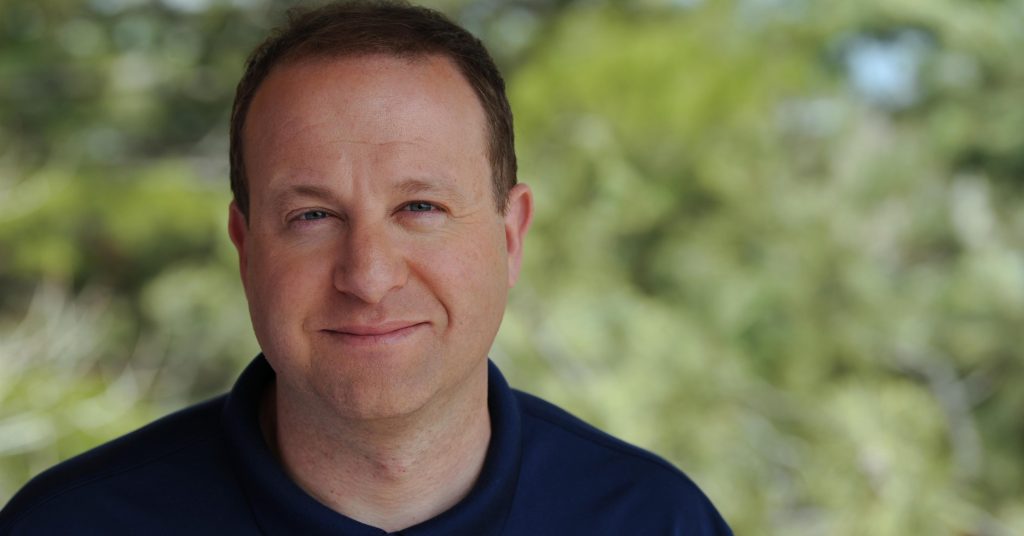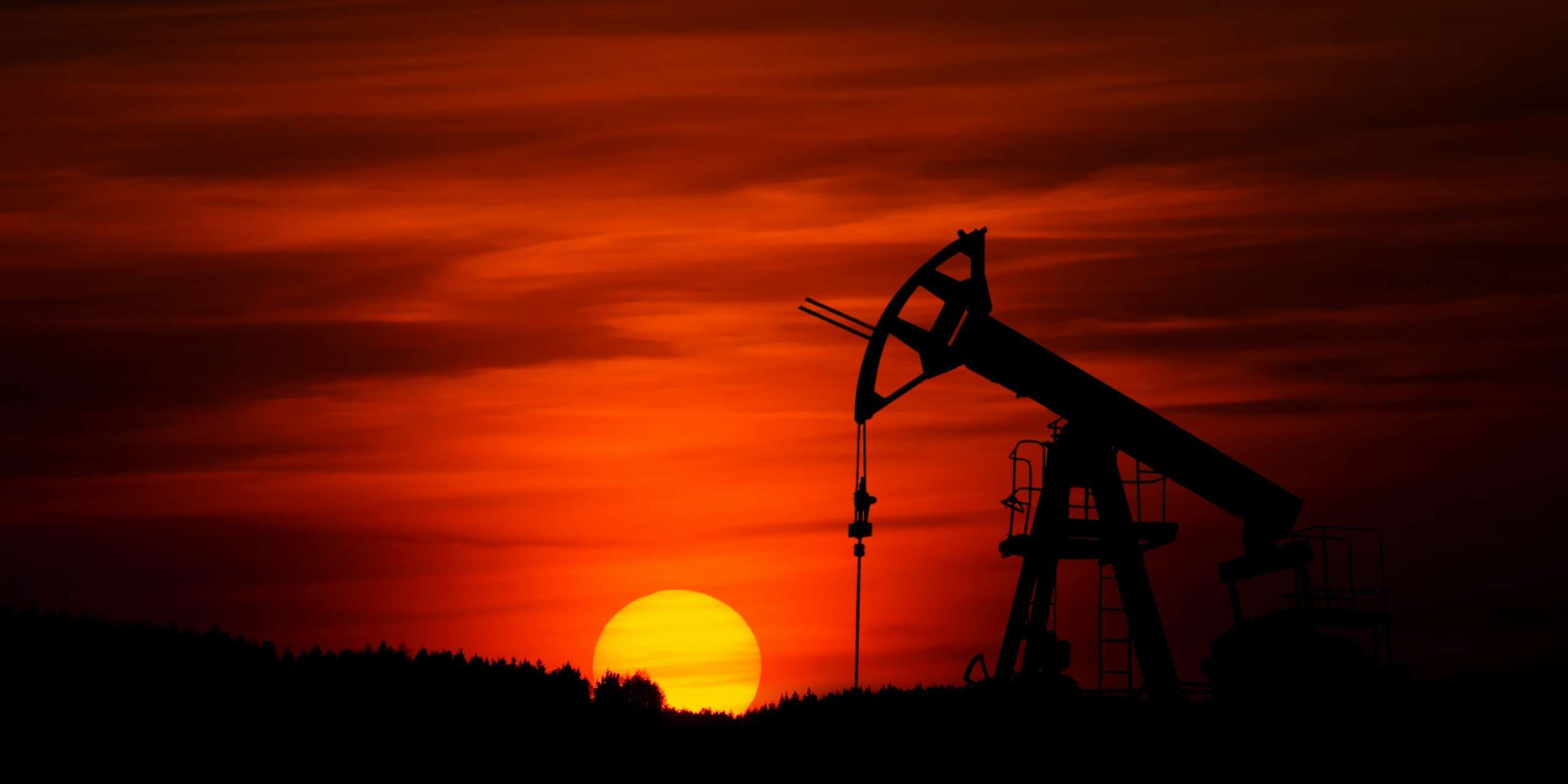Earlier this month, The Guardian published an article entitled: US Fracking Boom Could Tip World to Edge of Climate Disaster. The article opens: “The fate of the vast quantities of oil and gas lodged under the shale, mud, and sandstone of American drilling fields will in large part determine whether the world retains a liveable climate. And the US, the world’s largest extractor of oil, is poised to unleash these fossil fuels in spectacular volumes.”
Coloradans should be paying close attention, as our state figures prominently in the piece, noting the significant role our oil and gas production contributes to methane, a heat-trapping greenhouse gas with some of the highest global warming potential. Accounts such as the one from Raquel Venegas of Greeley cite, “Wells are like trees here, it’s normal to see one on every block. We’re surrounded by them.” Her children attend Bella Romero school, where 11 fracking wells operate 686 feet from the playground. Indeed, oil and gas development is far too close to our homes, schools, and neighborhoods, and is causing too many adverse health impacts. This should be enough to change course but unfortunately, Colorado leaders have been too slow in protecting our health and working to transition away from fossil fuels to renewable energy.
Now, we are hearing that the fracking taking place right here in Colorado is most certainly contributing to our climate crisis and yet Governor Polis and Colorado’s so-called “Climate Roadmap” allows for oil and gas drilling to increase substantially by 2030. Governor Polis and other state leaders should take heed of the 2021 report mentioned in the article: “Avoiding a Roadmap to Climate Catastrophe” which calls out the state’s GHG Roadmap plan to increase oil and gas production in Colorado.
Just last week, 33 environmental groups representing tens of thousands of Coloradans impacted by climate change and air pollution joined together in demanding that Colorado’s Oil and Gas Conservation Commission (COGCC) take immediate action to address the harmful cumulative impacts of the oil and gas industry: a mandate enacted in 2019 by SB 19-181. Since the bill’s passage into law, the Commission has implemented only a handful of rules which barely scratch the surface in truly addressing the cumulative (think climate) impacts of oil and gas development in our state.
According to the Intergovernmental Panel on Climate Change’s most recent August 2021 assessment, there is “high confidence” that human-influenced rising temperatures are a direct cause of the extension of the wildfire season, increased drought, and decreased precipitation in the southwest United States. Studies have found that the US West is experiencing mega-drought (the worst in 1,200 years), pointing to human-caused climate change as a key contributing cause. Across the state, we are breaking records for climate-related catastrophes. Colorado’s air quality due to wildfire smoke as well as oil and gas pollution have meant increased levels of smog, with Colorado facing its worst air quality in over a decade. We are already on the frontlines of the climate crisis. Given the dire straits Colorado finds itself in with increasing climate impacts, shouldn’t we be phasing out fracking in our state and ramping up our efforts to accelerate a greener energy transition?
Will Colorado rise to the challenge? Governor Polis must declare a climate emergency and set Colorado on a path for a just transition away from fossil fuels, beginning by phasing out fossil fuel production by 2030 and closing all coal-fired power plants by 2025. All State agencies should immediately accelerate Colorado’s efforts to address the climate emergency, with the immediate prioritizing of reducing greenhouse gas emissions in line with scientists’ recommendations and Colorado’s own climate goals. All asset managers and institutional investors including Colorado’s Public Employees Retirement Association should immediately reconfigure investments in line with the necessary transition away from fossil fuel production in order to accelerate the transition to renewable energy and cut emissions in order to stabilize our climate.

To protect our climate, there is an urgent need to wind down oil and gas production in our state, not increase it. We should all be sounding the alarm as we face yet another summer of intense wildfire risk. Now is the time to move beyond a “business as usual” approach and do everything we can to immediately change course in order to mitigate the worst impacts which may be yet to come.
Deborah McNamara works for 350 Colorado, a non-profit working on climate change solutions.




